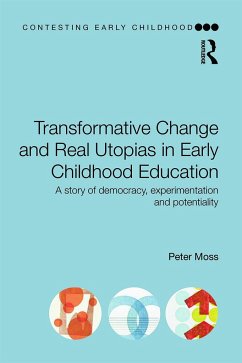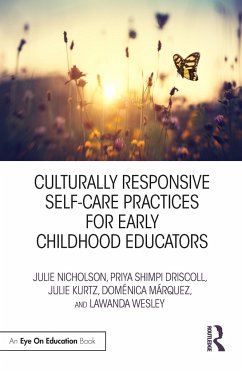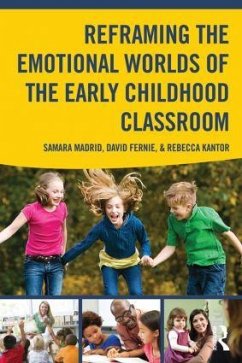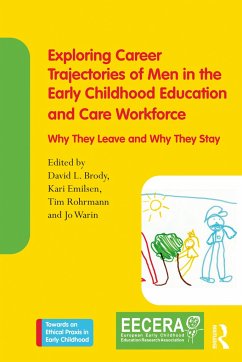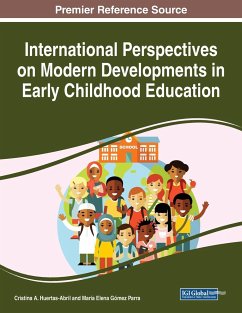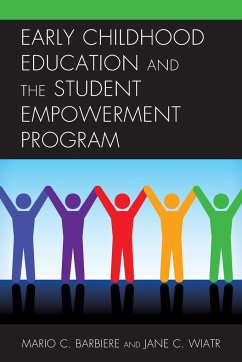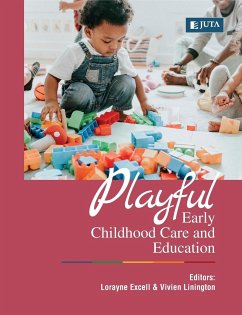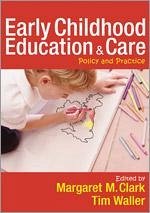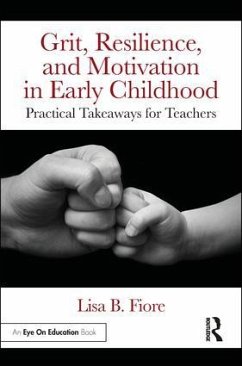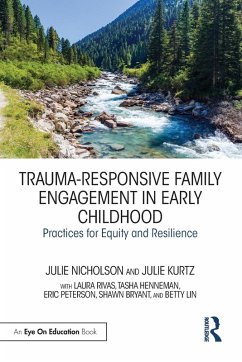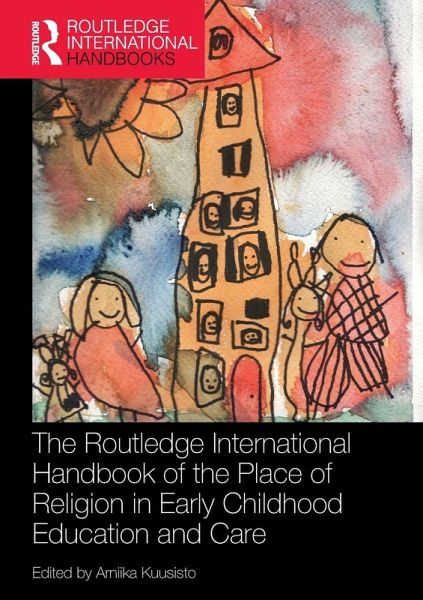
The Routledge International Handbook of the Place of Religion in Early Childhood Education and Care
Versandkostenfrei!
Versandfertig in 1-2 Wochen
59,99 €
inkl. MwSt.

PAYBACK Punkte
30 °P sammeln!
Understanding the place of religion in Early Childhood Education and Care is of critical importance for the development of cultural literacy and plays a key role in societal coherence and inclusion





